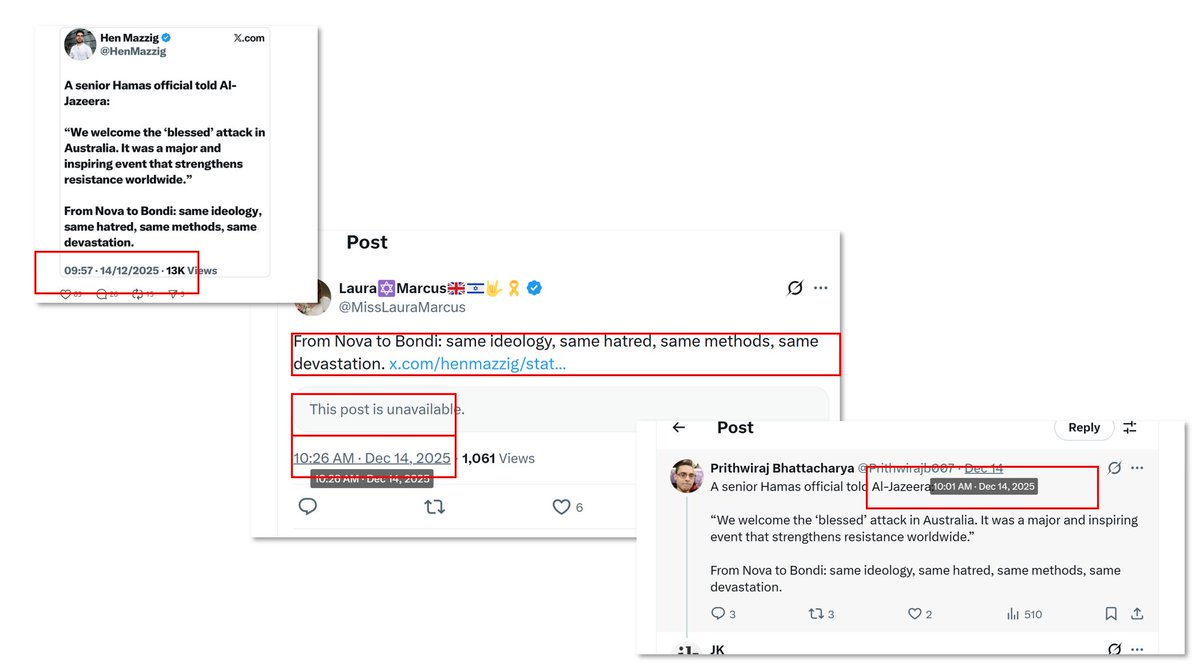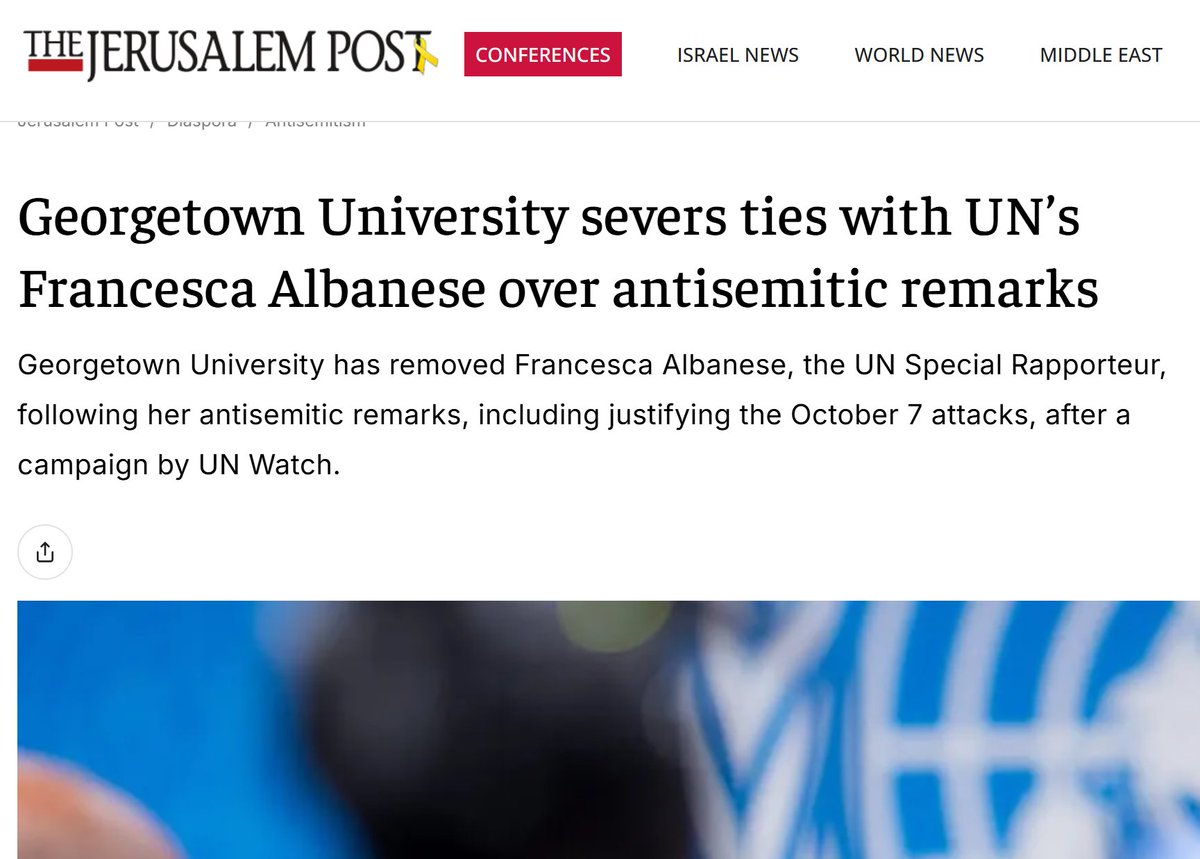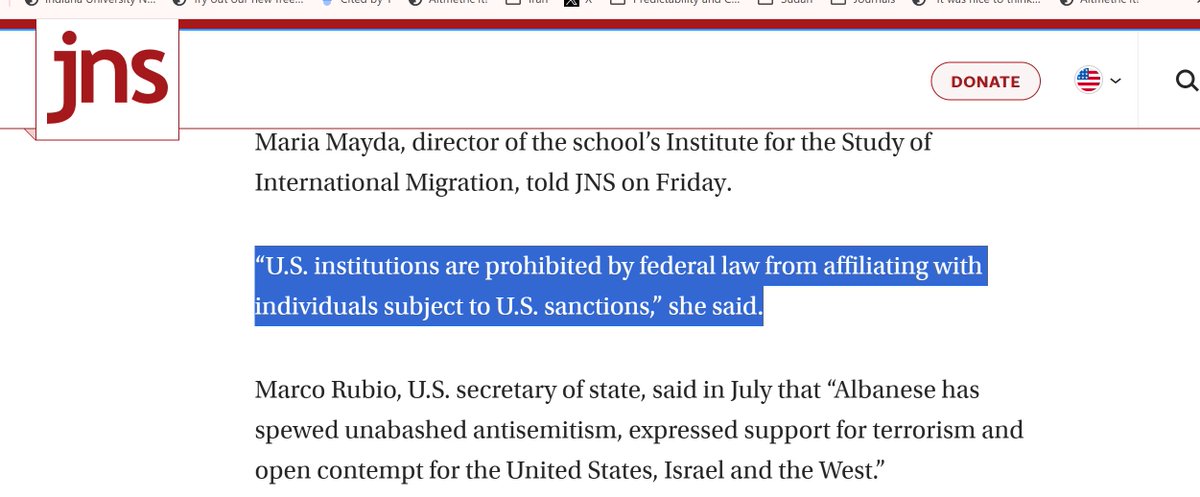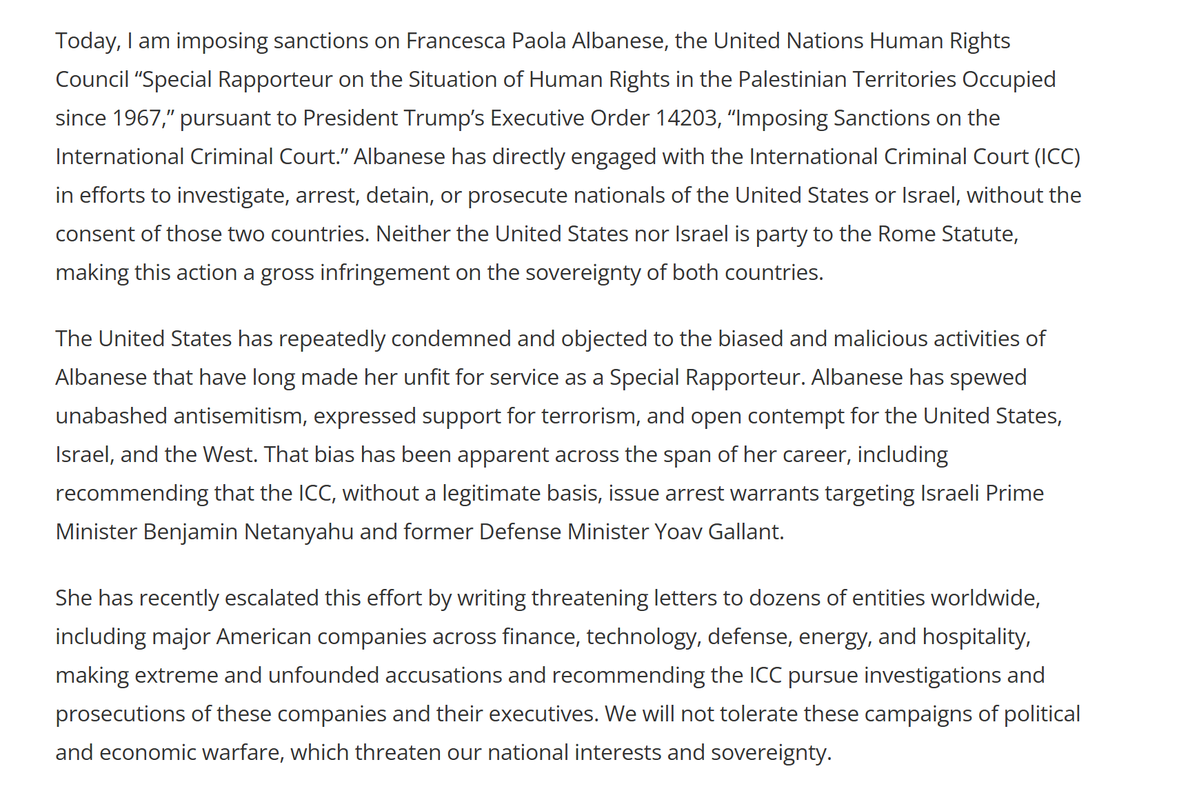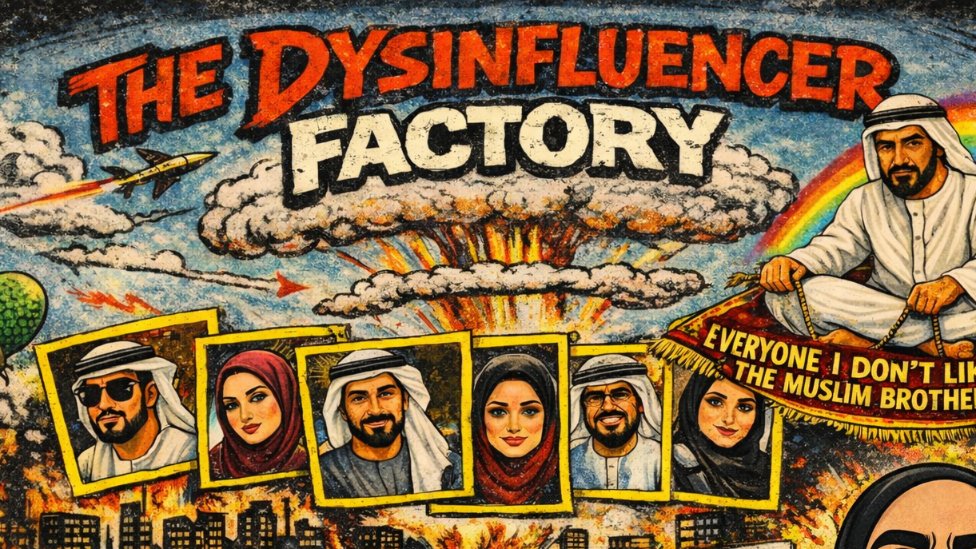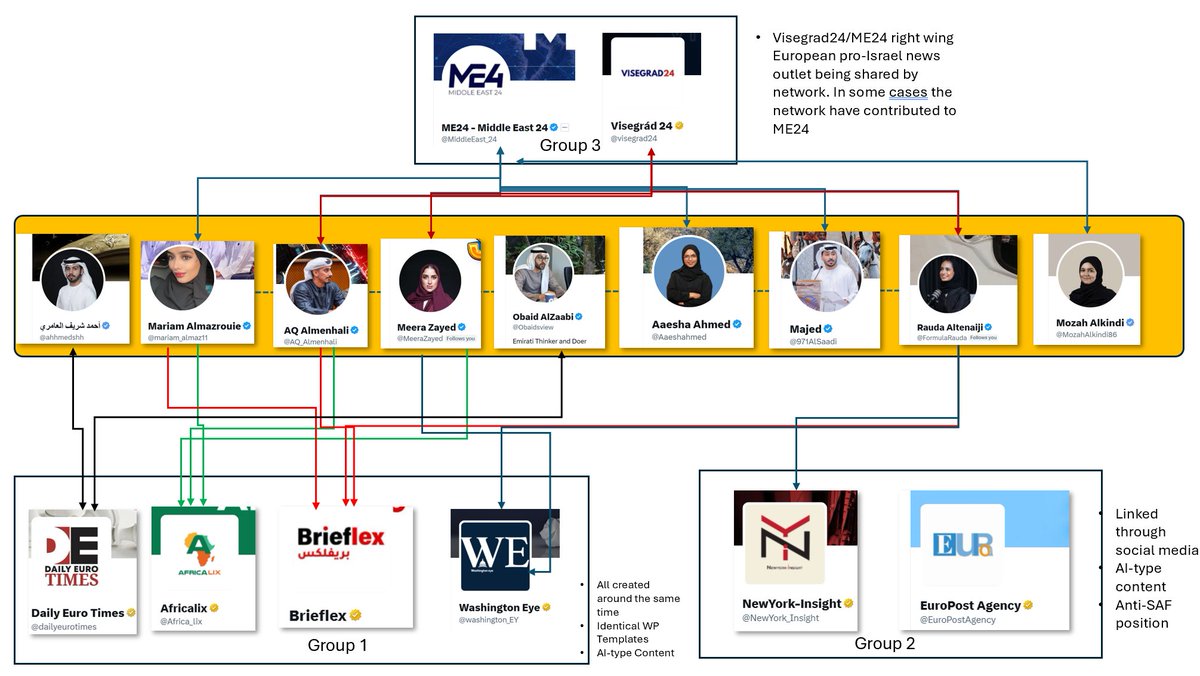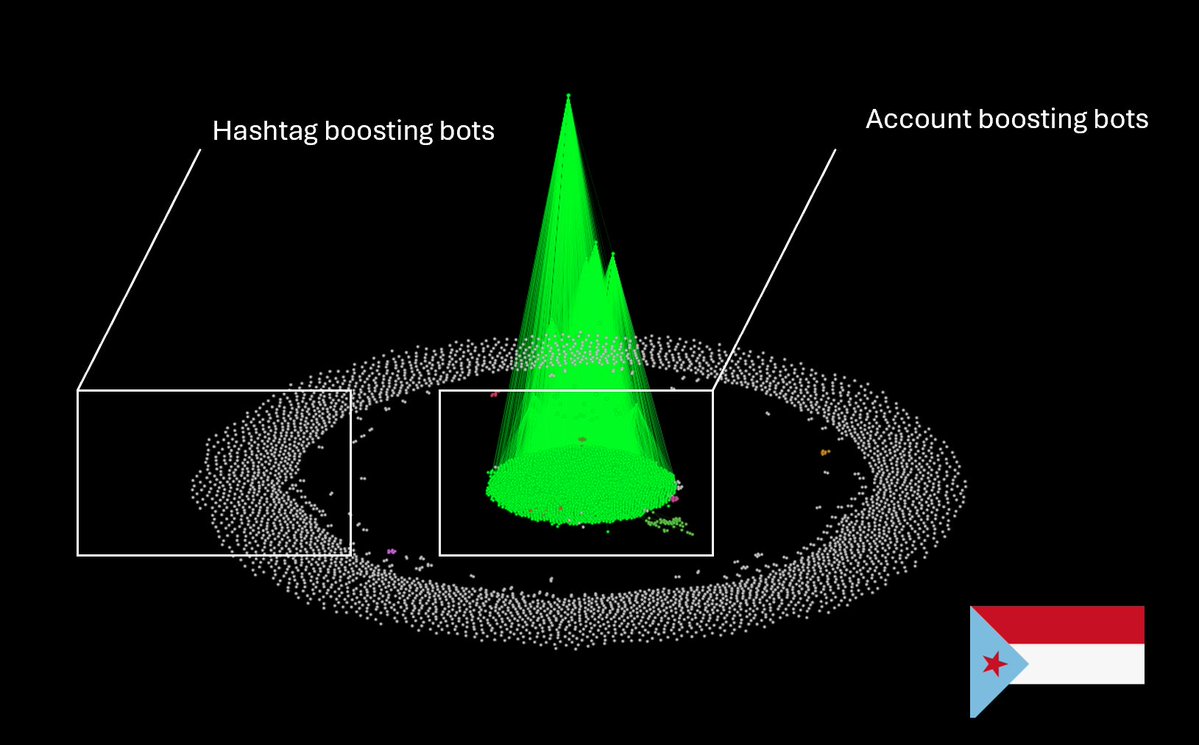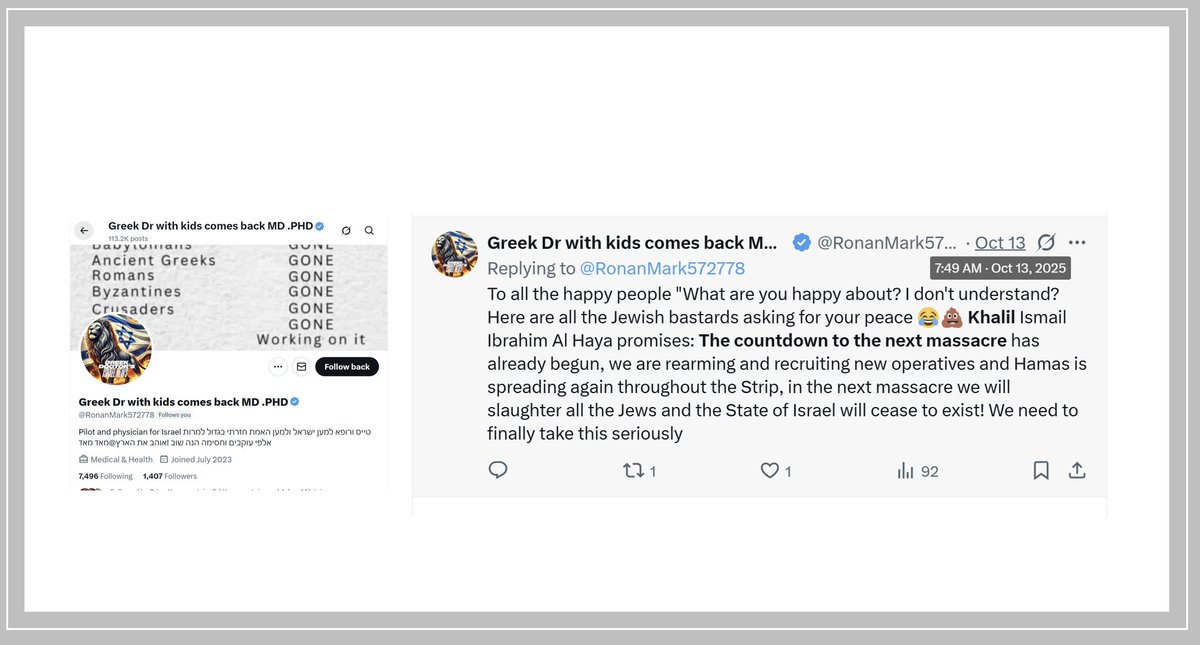[Thread] 1/ I did another Twitter analysis. This time I searched for tweets using the term 'Tunis' (in Arabic). This is somewhat agnostic, so anyone mentioning '#Tunisia' will be analysed. The results are striking, & you give a clear image of polarisation. Will explain more 

2/ What this image shows is to distinct clusters (the pink one, and the green one). Each cluster represents a community, a group of accounts that tend to interact more with each other. The fact they are separate indicates there is little interaction between the communities > 


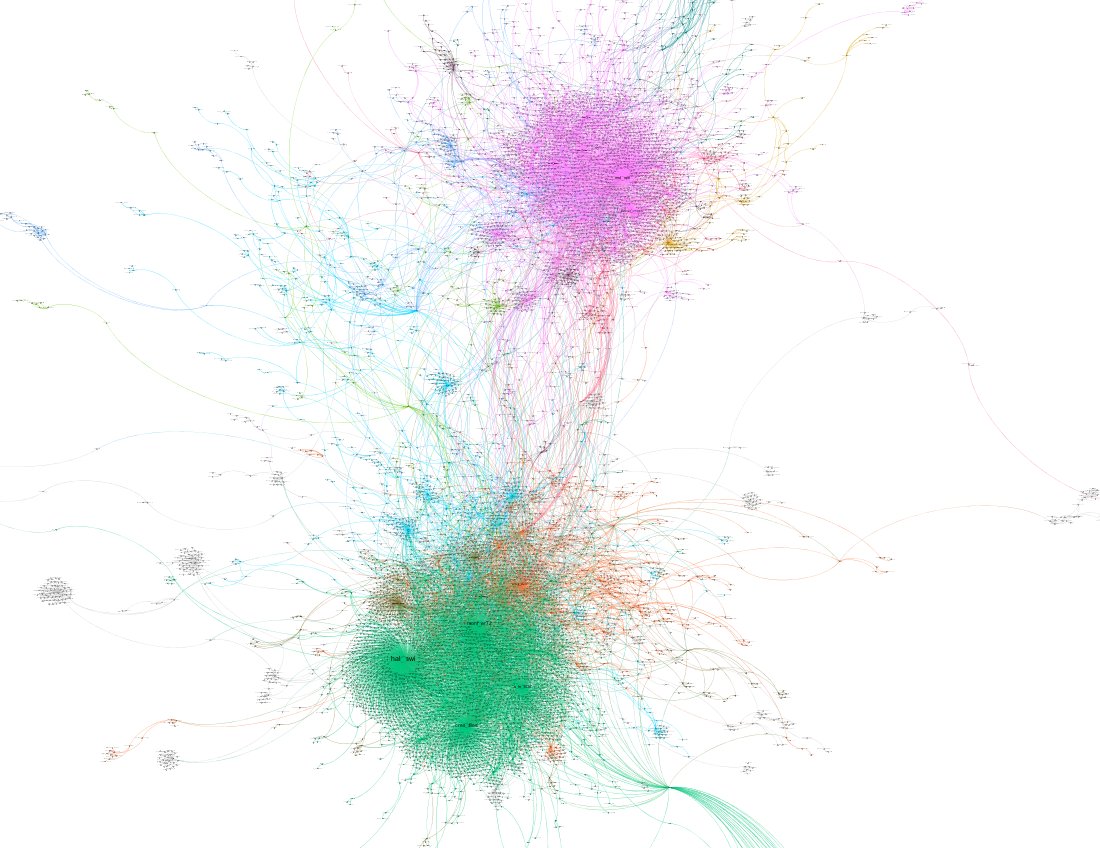


3/ What is evident is that the green community is essentially 4-5 Saudi nationalists (halgawi, s_hm2030, monther72, cressfiles) & their retweeters, while the pink cluster is mostly 2 Mauritanian/Qatar - (mshinqiti. Turkialshoub commentators/journalists and those retweeting them. 



4/ Because 70% of the content is retweets (pretty common on Twitter), we are not actually looking at lots of unique content. (See work by @AndrewMLeber and @abulkhaezuran for more on elite-driven twitter discourse). What that means is we can quickly see the position of the two
5/ 'camps' by just seeing what tweets from these influencers is being retweeting. It's clear the pink (Qatar/Mauritanian) community oppose the coup, while the green (Saudi) community support it. That's presumably what everyone expected from this. In terms of most influential 





6/ accounts in the sample, it's dominated by Saudi accounts. The top ten influential accounts are based in Saudi, the UAE, Egypt, and one in the UK (Bahraini-British amjad taha). This is quite similar to what we saw from the hashtags 'Tunisians revolt against the brotherhood' 

7/ In terms of where users report themselves to be, Saudi is top, followed by Egypt, and then Tunisia, with UAE in fourth place. This kind of makes sense re UAE as its population is smallish but it has a core group of high profile influencers. 

8/ So the interesting thing about this visualisation shows a number of things
a) Twitter discussions about Tunisia within the timeframe of the analysis are dominated by influencers from Saudi, Egypt, and the UAE
b) the majority of those active describe
a) Twitter discussions about Tunisia within the timeframe of the analysis are dominated by influencers from Saudi, Egypt, and the UAE
b) the majority of those active describe
9/ themselves as being based in Saudi
c) There is a clear geopolitical split between Saud/UAE/Egypt accounts and those perceived to be sympathetic to Islamism, Qatar-based or Saudi opposition. The former support the coup while the latter oppose it
d) Twitter narratives about
c) There is a clear geopolitical split between Saud/UAE/Egypt accounts and those perceived to be sympathetic to Islamism, Qatar-based or Saudi opposition. The former support the coup while the latter oppose it
d) Twitter narratives about
10/ non Gulf-countries are dominated by Gulf countries, with information availability favouring the Saudi/UAE/Egypt nexus..
e) the narrative that portray the coup as a popular revolt against the Muslim Brotherhood is ascendant as a result of this
e) the narrative that portray the coup as a popular revolt against the Muslim Brotherhood is ascendant as a result of this
11/ It's depressing seeing how these events activate latent tropes that contribute to polarisation. As the image demonstrates, there is not so much as a debate as entrenching of opinions and megaphoning of those one agrees with. 

12/ Some notes about sample - unique accounts, 11,000 - individual interactions - 17000, timeframe '7.20 am - 12pm UTC 28th July. Anyway, I think that's it for now.
Now go forth and speak (nicely) to someone you disagree with! Remember to listen - unless they're a bot of course
Now go forth and speak (nicely) to someone you disagree with! Remember to listen - unless they're a bot of course
• • •
Missing some Tweet in this thread? You can try to
force a refresh


